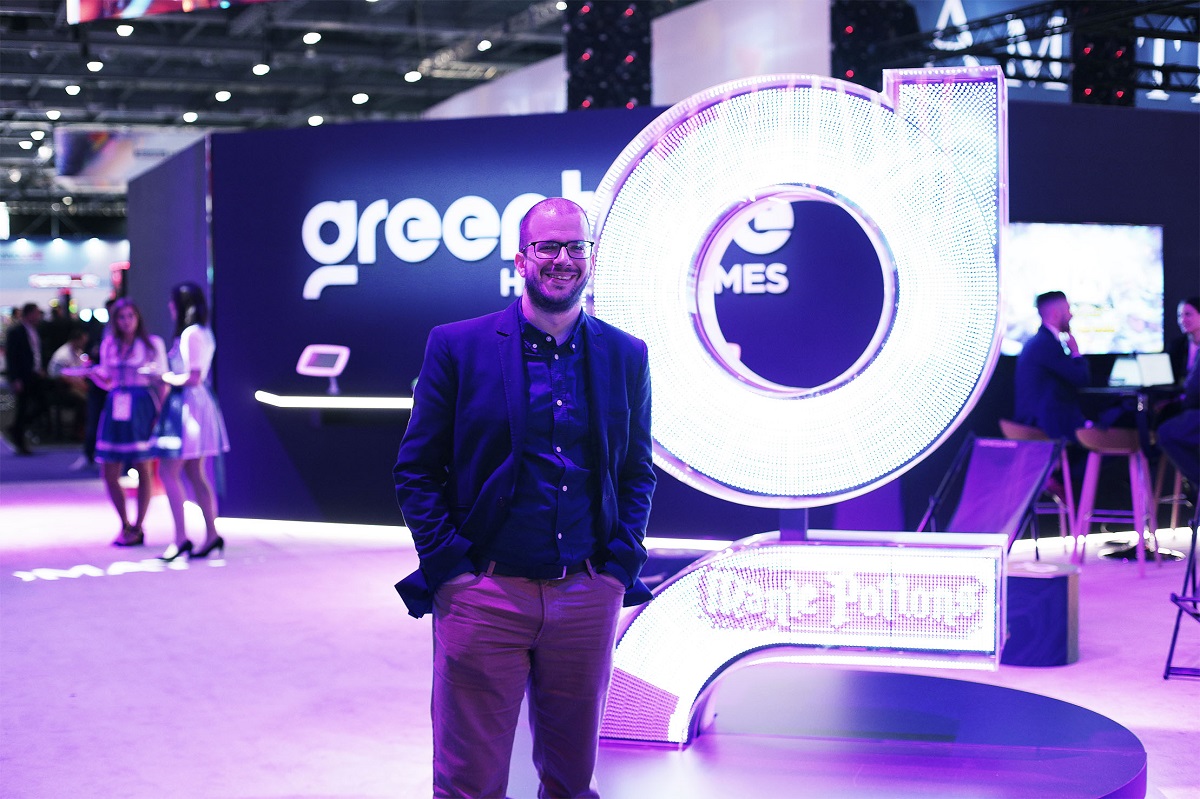Central Europe
Greentube-owned StarGames obtains German licence

Greentube, the NOVOMATIC Digital Gaming and Entertainment division, has successfully obtained a German nationwide licence to offer online slots via its brand StarGames.
This means the StarGames.de website, as well as all of Greentube’s processes on Responsible Gaming, anti-money laundering (AML), IT security and game mechanics, has been acknowledged by the Gambling Authority of the Federal States of Germany (GGL) as compliant with the Interstate Treaty 2021, and the operator has been recognised as a safe and secure place for German players to enjoy the best Novomatic and Greentube games.
Georg Gubo, COO of Greentube, said: “Receiving this licence is further testament to the quality and reliability of not just the StarGames brand, but also Greentube as a whole. Being granted the German licence is a major milestone for Greentube and we are extremely proud that the regulatory authorities deemed our application successful.
‚ÄúOur goal was to create a product of the highest quality, one that customers would not only enjoy playing but also feel safeguarded by while doing so. With StarGames.de, we feel we have a brand and a website that goes above and beyond to ensure we offer players the best place for safe and secure entertainment in Germany.‚ÄĚ
StarGames, known in the online gaming industry as the first brand to offer the original Book of Ra‚ĄĘ to online players in Germany, has been live across the country since the Interstate Treaty 2021 came into force on July 1, 2021.
The licence now offers a number of possibilities for Greentube in the country.
Laszlo Pados, Brand Manager of StarGames, said:¬†‚ÄúReceiving the nationwide German licence is a testament to – and proof of – all the hard work that everyone at Greentube has put into the project over the last two and a half years. This also opens up a wide range of opportunities for StarGames.de, mainly in the field of mobile apps, but also in marketing and advertising within the boundaries of the Interstate Treaty 2021. We cannot wait to get started on this exciting next chapter.‚ÄĚ
-

 Africa6 days ago
Africa6 days agoPlay’n GO takes games portfolio live with the Goldrush Group in South Africa
-

 Asia5 days ago
Asia5 days agoLGUs, state university get Php20-M emergency vehicles from PAGCOR
-

 eSports5 days ago
eSports5 days agoEsports World Cup 2025 Unveils Official Song of the Year and Full Opening Ceremony Line-up
-

 Africa6 days ago
Africa6 days agoALA Hosted Seminar on Artificial Intelligence and Cybersecurity
-

 Latest News6 days ago
Latest News6 days agoPG Soft serves up Diner Frenzy Spins
-

 Africa5 days ago
Africa5 days agoDRC Signs MoU for Public-Private Partnership with Burundi’s East African General Trade Company
-

 Africa5 days ago
Africa5 days agoSpringbok Casino Unveils ‚ÄúKrugerassic Park‚ÄĚ Featuring Dino-Wilds to Celebrate Jurassic World: Rebirth Sequel ‚Äď Plus 25 Free Spins on T-Rex 2 slot
-

 Latest News6 days ago
Latest News6 days agoJuicy Wins, Crystal Clear: ELA Games Releases New Luxury Title


































